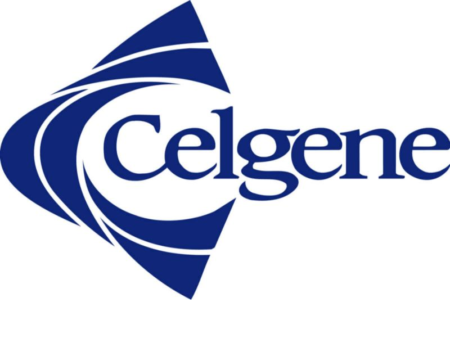

Senior Scientist- Informatics & Predictive Sciences
April 30, 2019 - June 1, 2019
We seek a talented, collaborative computational researcher to drive the effort in multi-omics data integration and target evaluation/prioritization for solid tumor indications.
The successful applicant is expected to play a key scientific role in leveraging innovative computational analysis strategies across a variety of biological and chemical data sources to empower data-driven decisions in development of next generation Celgene protein homeostasis therapies for solid tumor indications.
Reporting to the Informatics Lead for Protein Homeostasis research, the successful candidate will work alongside Celgene Research colleagues in the Protein Homeostasis Thematic Center of Excellence (TCoE) and Chemistry and Structural Biology based in San Diego California, and the global Informatics & Predictive Sciences (IPS) department.
Scientific objectives and research scenarios include:
- Integrating data across internal and public datasets for new target identification, prioritization and indication selection,
- developing systems biology approaches for assessing disease relevance and generating therapeutic hypothesis on novel targets,
- early identification and predictive leverage of patient molecular subtypes most likely to benefit from a targeted intervention,
- inference of synergistic target combinations by leveraging pharmacogenomics data and molecular networks.
Data originate from a wide range of cellular and molecular profiling platforms, including transcriptomic, proteomic, genomic, functional and immunophenotypic assays, and from the efforts of colleagues in structural biology and cheminformatics.
The role offers the opportunity to directly impact the delivery of transformational therapies in key diseases of unmet medical need. Strong interest in the inter-disciplinary application of computational analysis methods to life sciences data is imperative.
Responsibilities
Working in collaboration with computational, biological and drug discovery scientists across the Celgene Research and Development organization, responsibilities include but are not limited to:
- Accelerate cutting edge predictive computational research in drug discovery utilizing new technologies, model systems and the power of AI.
- Develop and apply innovative computational analysis to leverage internal, public and partner datasets and empower data-driven decisions for new target prioritization and validation.
- Lead the identification and systematic ingestion of publicly available cancer genomics and relevant annotation and literature datasets, and their integration with internal data sources.
- Collaborate as a member of cross functional teams to drive rational decision making across early drug discovery programs.
- Author scientific reports, and present methods, results and conclusions to publishable standard.
- Contribute to planning and execution of collaborative projects with leading academic and commercial research groups worldwide.
Background experience & complementary knowledge
- Ph.D. in computational biology, bioinformatics, or related field from a recognized higher-education establishment.
- 6+ years of experience in applying quantitative approaches to solve biological problems in university, hospital, pharma or biotech research environments, with considerable depth of experience in cancer genomics.
- Demonstrated ability to integrate heterogeneous data sources and perform multivariate analysis of integrated datasets.
- Proven expertise in the development and/or implementation of algorithms to distill, analyze and interpret complex datasets, with focus on evidence integration and mechanistic inference.
- Experience of computational biology research on a wide variety of molecular profiling platforms, including mRNA profiling, mutational profiling, DNA copy number quantification, epigenetic profiling and proteomics.
- Familiar with various cancer genomics consortium efforts, tools and databases.
- Expertise in algorithmic implementation, statistical programming and data manipulation, using e.g. R/Bioconductor and contemporary, open-source bioinformatics tools and database structures.
- Track record of peer-reviewed publications in top-tier scientific journals.
- Proven problem-solving skills, collaborative nature and adaptability across disciplines.
- Excellent verbal and written communication skills. Fluent verbal and written English language skills prerequisite.
